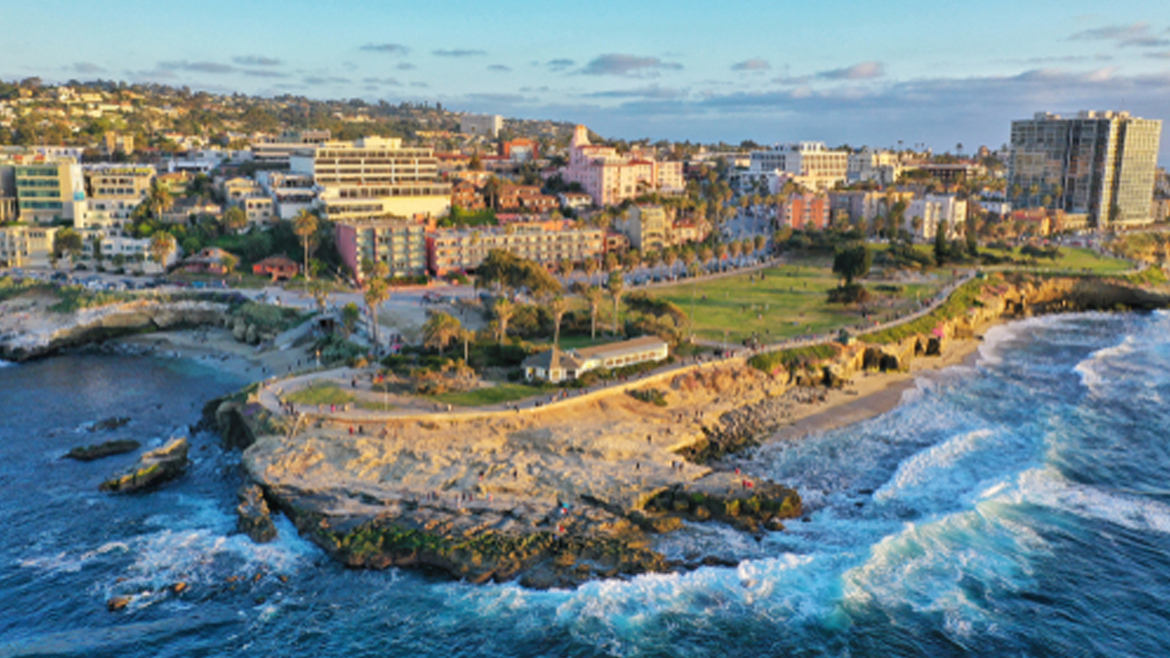Sustainable Masonry Practices for Eco-conscious San Diego Builders

As sustainability becomes a priority in construction, builders and homeowners in San Diego are increasingly looking for ways to reduce environmental impact. Masonry, known for its durability and aesthetic appeal, can also be adapted to meet eco-friendly standards. This blog explores sustainable masonry practices that not only help preserve the environment but also offer long-term benefits to property owners.
1. Use of Recycled Materials
One of the most impactful ways to promote sustainability in masonry is by using recycled materials. Recycled bricks, stones, and concrete not only reduce waste but also decrease the demand for raw materials. These materials can be sourced from demolished sites or leftover projects, offering a unique aesthetic and a reduced carbon footprint.
2. Local Sourcing of Materials
To minimize the environmental impact associated with transportation, selecting locally sourced masonry materials is crucial. By using stones and bricks from local quarries and manufacturers, builders can significantly reduce greenhouse gas emissions and support local economies. Furthermore, local materials often better suit the regional aesthetic and climatic conditions.
3. Efficient Use of Resources
Optimizing the use of materials during construction can lead to significant waste reduction. Careful planning and precise cutting of materials ensure minimal waste, and any excess can be recycled or reused in other projects. Advanced technologies like digital modeling can help in accurately estimating needed materials, thus reducing overordering and waste.
4. Implementing Energy-Efficient Designs
Designing structures that maximize energy efficiency is another sustainable practice in masonry. Using masonry’s natural thermal mass properties, buildings can maintain more stable indoor temperatures, thereby reducing the need for heating and cooling. This not only makes the building more sustainable but also lowers energy costs for homeowners.
5. Use of Low-Emission Mortars and Grouts
The choice of mortars and grouts can significantly affect the environmental impact of a masonry project. Opting for products with low volatile organic compound (VOC) emissions and that are made from natural or recycled materials can enhance the sustainability of the construction. Additionally, some modern mortars include additives that improve their durability and flexibility, reducing the need for repairs and maintenance.
6. Water Management Systems
Incorporating features that manage and reuse water can greatly enhance the sustainability of masonry structures. Systems such as rainwater harvesting and permeable paving not only reduce runoff and the burden on municipal stormwater systems but also provide an eco-friendly water supply for landscaping needs.
7. Promoting Longevity and Durability
Building for longevity is inherently sustainable. Masonry is known for its durability, and by ensuring proper construction techniques and regular maintenance, the lifespan of masonry structures can be maximized. Longer-lasting buildings contribute less waste to landfills and require fewer resources over time for repairs and rebuilding.
For San Diego builders committed to sustainability, adopting these masonry practices offers a path to environmentally friendly construction without compromising on quality or aesthetic appeal. At STP Masonry, we are dedicated to pushing the boundaries of eco-conscious building, ensuring that our luxury masonry projects are not only beautiful and functional but also kind to the planet.


